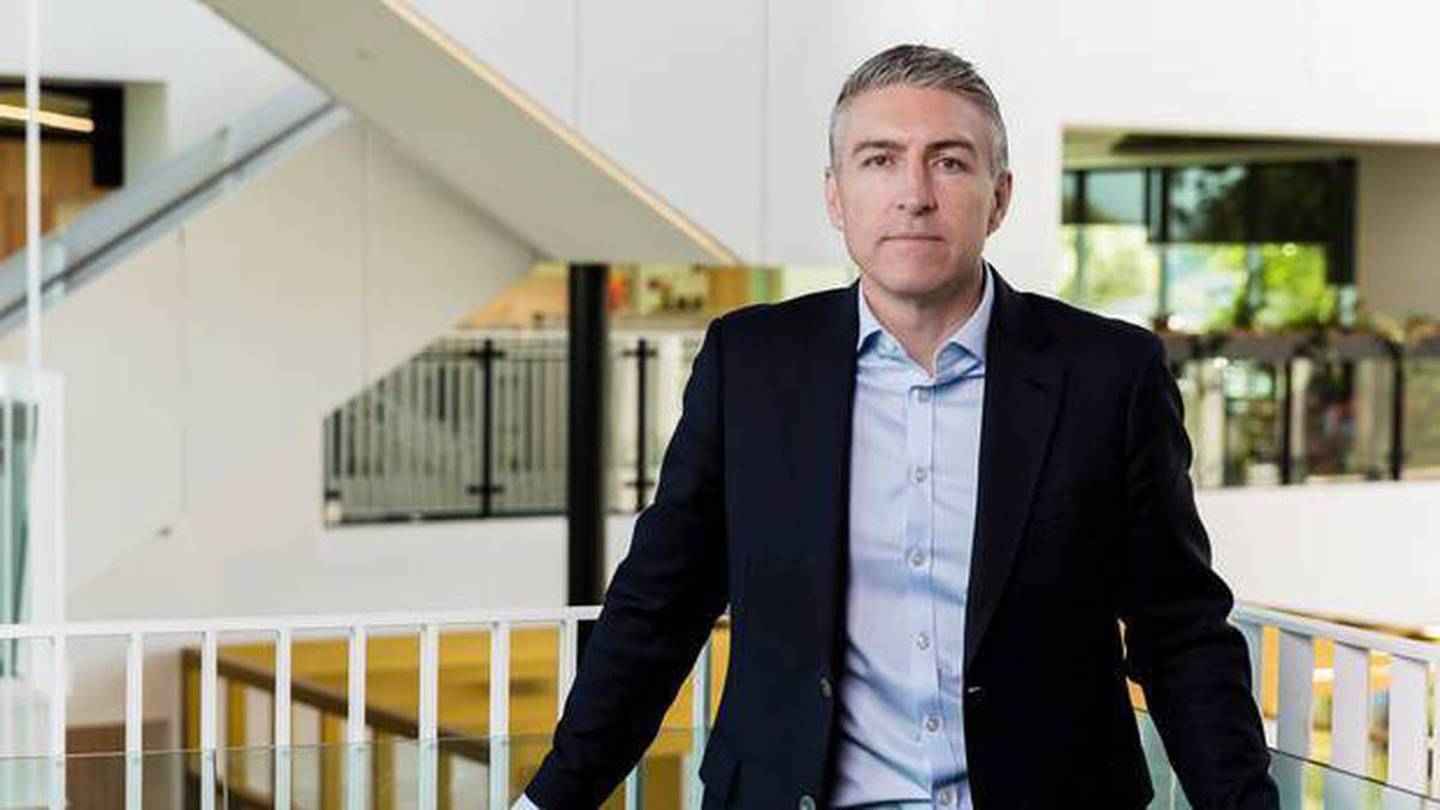
An email to all staff from chief executive Jason Paris said there will be an all-hands meeting on Thursday to discuss the initiative.
The email was security-set to ban forwarding, but one staffer photographed it and sent a copy to the Herald.
The insider said 200 staff would be shed in the restructure.
Last night, a Vodafone spokeswoman confirmed about 200 staff would be shed in the exercise - but added some 150 would be hired over time.
The restructure was, in part, to address the duplication of some roles.
Paris' email also announces that: "In working through various options [chief consumer officer and director] Carolyn Luey has made a personal decision to leave Vodafone."
It also says: "Anthony Welton's role as Customer Operations Director is no longer required." Welton had completed an exercise to "turn around and stabilise our customer service and operations."
Luey became Vodafone NZ's marketing boss in November 2018 after joining the company from MYOB. She was previously chief operating officer at Herald publisher NZME.
Welton took his current role after working for a decade for the telco's philanthropic wing, the Vodafone NZ Foundation.
In March 2019, soon after Jason Paris took the reins, a consultation process began as the telco looked to shed around 400 of its 2700 staff to tighten its operation before a planned NZX listing (ultimately head-off when Infratil and Brookfield bought the company in June that year) and to free up funds for investment in new technologies.
More belt-tightening followed last year as the pandemic hurt Vodafone, plus peers Spark Chorus and 2degrees as lucrative mobile roaming revenue dried up with border closures, data caps were temporarily suspended as a relief measures and bad debts increased.
Earlier this month, Vodafone said it would sub-let around half of its Smales Farm headquarters, citing a shift to hybrid working during Covid-19. The company earlier said it expected the trend to persist beyond, with up to 40 per cent of staff working remotely at any one time.













